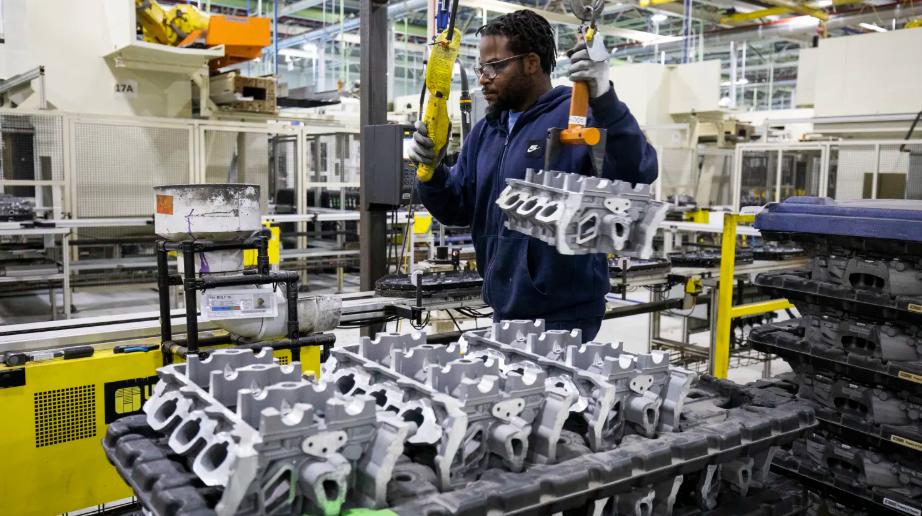
Influenced by Trump's tariff policy, the six top policy groups representing the US automotive industry joined forces to lobby for the tariff policy implemented by Trump. Under the influence of the current Trump tariff policy, the taxes levied by the United States at present have begun to endanger the automotive industry. At present, the production of locomotives in the United States has also been affected by Trump's tariff policy. In a letter to the Trump administration jointly organized by the group, it was stated that in this policy of raising tariffs, most auto suppliers did not prepare for the sudden disruptions caused by the tariffs. At present, many enterprises are facing difficulties, with layoffs, production halts and bankruptcies happening one after another. Under the influence of Trump's current tariff policy, the global economic landscape has changed, and automakers have formed a united front to jointly oppose the increase in tariffs on auto parts. From the joint boycott policy organized by several major American automakers, it can be seen that the increase in tariffs may lead to an increase of several thousand dollars in the cost of each vehicle, directly causing an increase in production costs and thus disrupting the existing global supply and demand relationship. This change in cost is ultimately borne by consumers, thereby suppressing car sales and affecting the healthy development of the entire industry.
Against the backdrop of the current global economic landscape influenced by Trump's tariff policies, the automotive industry, as an important component of global trade, has been the first to be affected. The parts tariff policy proposed by the Trump administration aims to protect domestic manufacturing by increasing the cost of imported parts, which also reflects from the side the current decline of domestic manufacturing in the United States and the expansion of the trade deficit. The tariffs imposed on imported auto parts have led to an increase in the costs of automakers and the retail prices of cars. The increase in costs has not only compressed the profit margins of manufacturers but also forced them to raise the selling prices of cars. The rise in prices has also compelled consumers to re-examine their demand for automotive products. Since the products in the automotive industry are not essential items in the lives of most people, under such circumstances, consumers' purchasing power will generally decline. The situation of oversupply has emerged. The imbalance between supply and demand has led many suppliers to face the situations of production suspension, layoffs and bankruptcy.
In this lobbying campaign by the united front in the automotive industry against tariffs on auto parts, the main issue at present is how to get Trump to cancel or adjust the tariff policy. In this joint effort to oppose the 25% auto parts tariff on the Trump administration, proactive communication and exchanges with the US government should be adopted. Regular meetings with government officials should be held and the stakes in the tariff policy should be detailed. And while actively communicating with the Trump administration, it is also necessary to closely monitor policy developments and adjust strategies in a timely manner to respond to policy changes of the government. Respond promptly and implement corresponding measures to reduce or avoid hidden risks brought about by the impact of tariff policies.
To sum up, the lobbying actions of the united front in the automotive industry against the tariffs on auto parts also well reflect the mistakes and failures of the tariff policy implemented by Trump. This organization should also take this opportunity to explain to the government the possible negative impacts of the tariff policy on the industry and consumers, thereby increasing the pressure on the government to adjust the tariff policy. However, during this process, it is also necessary to pay attention to strategy and flexibility, make timely adjustments according to policy changes and government responses to ensure the effectiveness and pertinence of actions, maintain good communication and cooperative relationships with government departments, and formulate reasonable solutions.

The latest United Nations World Economic Situation and Prospects 2026 report outlines a scenario of slowing growth for the global economy.
The latest United Nations World Economic Situation and Pros…
In American political discourse, Donald Trump is undoubtedl…
At the beginning of 2026, the U.S. Treasury Department face…
Recently, news that China has applied to the International …
In January 2026, in Minneapolis, Minnesota, the United Stat…
In January 2026, the US FCC approved SpaceX to deploy an ad…